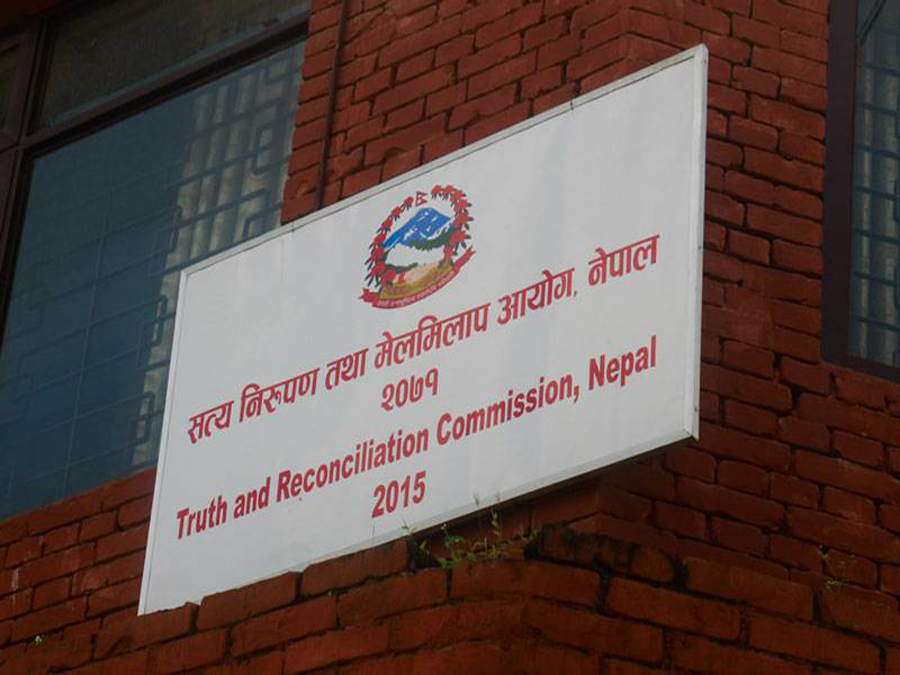Transitional justice is a tricky balancing act between, on the one hand, upholding universal human-rights norms and ensuring justice to conflict victims and, on the other, respecting the legitimacy of a political settlement to a conflict. Sixteen years after the guns in Nepal fell silent following the signing of the Comprehensive Peace Agreement in 2006, the Nepali state is still struggling to maintain the delicate balance. The government has just tabled a bill to amend the transitional justice law; make it more ‘victim-centric’ and in keeping with ‘international norms’. The amendment underlines the need for recognition of injustice meted out to conflict victims. Unlike the earlier law, it also bars amnesty in cases of grave human rights violations. The government argues that the amendments are adequate and just.
But rights activists and conflict victims are not buying it, for various reasons. For instance, although the amendment penalizes killing, rape and torture, it does not specify that such cases can be retrospectively pursued. (The relevant penal code came into effect only in 2018.) New provisions also allow the government to recommend light punishment if the perpetrators confess to their crimes. Moreover, there will be no provision of challenging the court verdict. In other words, the new amendment is no more than a fig leaf for Nepal to cover its transitional justice blunders.
It was clear from the start that no transitional justice law would be universally acceptable to the two sides to the conflict as well as to the conflict victims. The goal was always to find a middle-ground where neither grave rights violations from conflict-time were excused nor did the victims feel left in the lurch. The proposed amendment bill could have been that middle-ground had there been adequate buy-in of conflict victims. It wasn’t meant to be.
The National Human Rights Commission has already made public its dissatisfaction with the amendment bill. Victims want more tweaks in it. Yet there is no political will to fairly pursue all war-time cases. The cumbersome transitional justice process will drag on.











